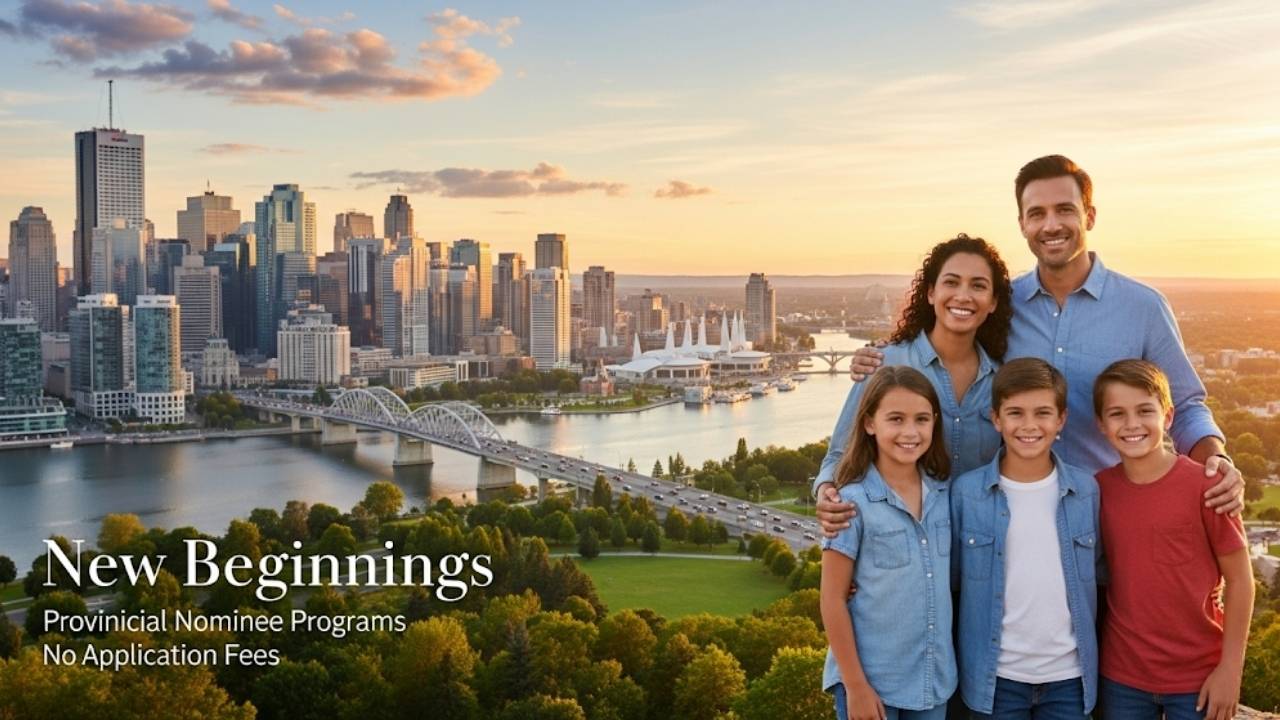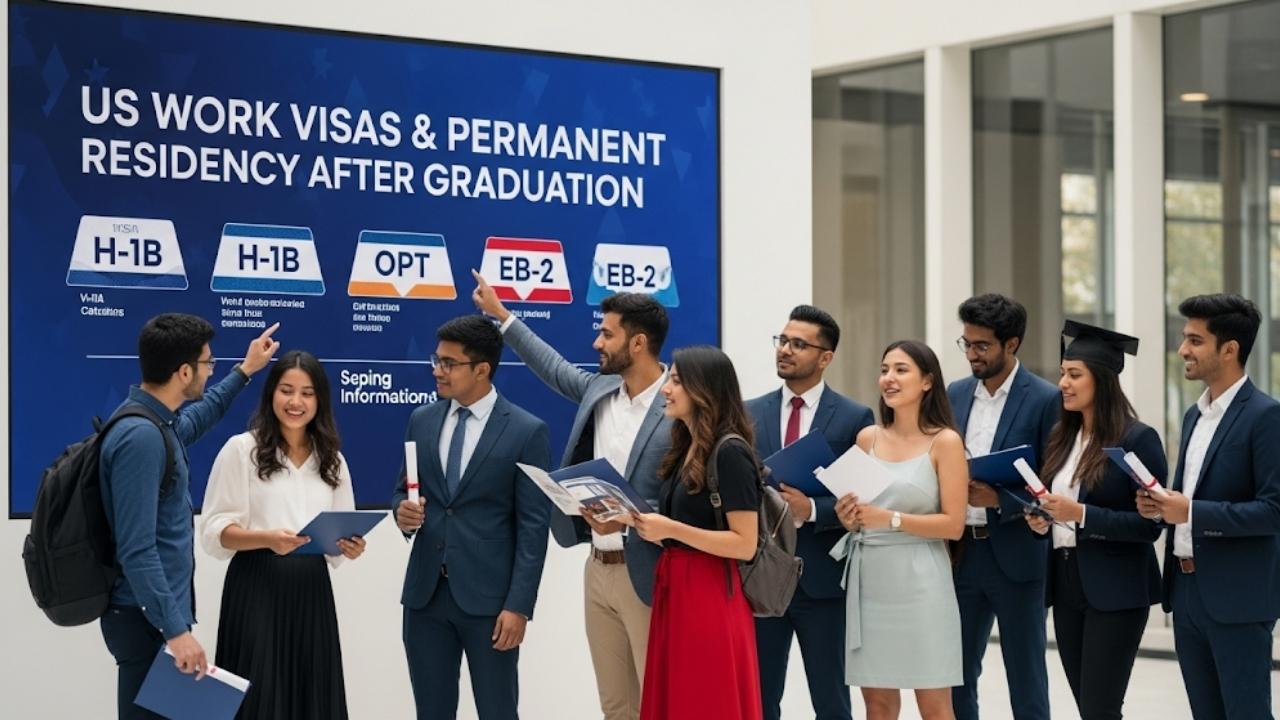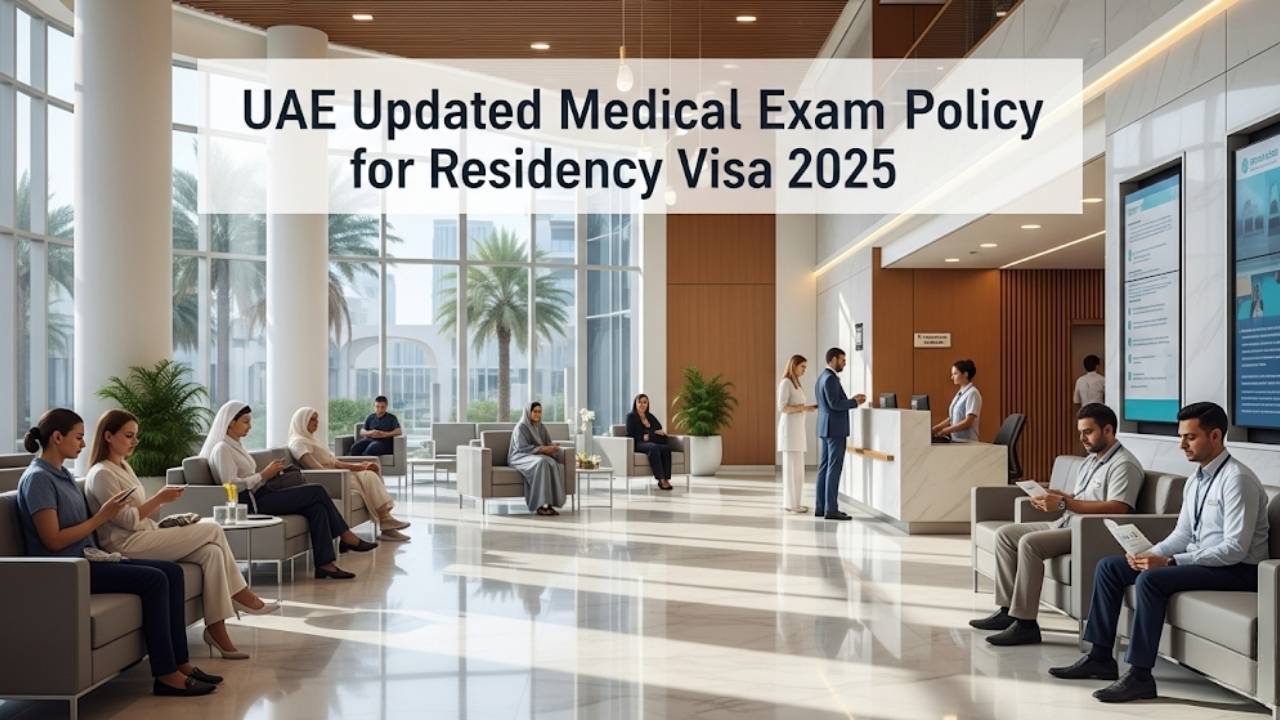Receiving a visa rejection can be incredibly disheartening, especially when your dreams of studying, working, or visiting Germany hang in the balance. For years, the “remonstration procedure” offered a glimmer of hope – an informal, free pathway to appeal a visa refusal. However, as of July 1, 2025, this crucial avenue has been officially removed. This significant policy update means a fundamental shift in how applicants can respond to a denied visa. But don’t despair; understanding the new landscape is the first step toward a successful outcome.
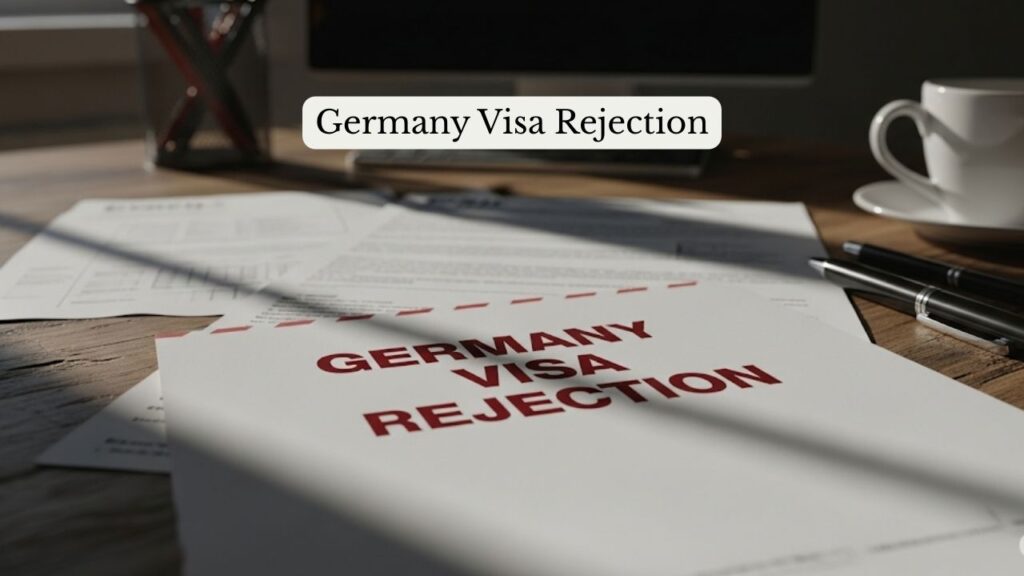
The German Federal Foreign Office’s decision to abolish the remonstration procedure worldwide aims to streamline visa operations and reduce processing times. While this might sound daunting, it truly underscores the importance of a meticulous initial application. In my experience advising countless individuals, this change elevates the need for precision and completeness from the very beginning. It’s no longer just about applying; it’s about applying flawlessly.
Germany Visa Appeal Policy Changes
For those of us dedicated to helping individuals achieve their dreams of reaching Germany, the news from the Federal Foreign Office regarding the abolition of the administrative “remonstration procedure” marks a pivotal moment. Effective July 1, 2025, this traditional pathway for appealing a rejected German visa application is no longer available. This isn’t just a minor tweak; it’s a fundamental shift that demands a more strategic and precise approach from every applicant.
Gone are the days when a simple, free letter to the embassy or consulate could lead to a reassessment of your case. Previously, this process, often resolved within three months, offered a lifeline for rectifying minor oversights or providing additional clarity. Now, the landscape is unequivocally different. As of this July update, if your visa application for Germany faces rejection, your options narrow significantly to either a fresh application or a formal judicial appeal. Both routes carry distinct implications concerning time, cost, and complexity.
Understanding the Policy Shift: Why the Change?
The Federal Foreign Office has stated that the remonstration procedure was not a legal requirement but a voluntary service offered by German missions. A pilot project conducted in 2023 demonstrated that suspending this procedure allowed visa sections to free up staff capacity, process more new applications, and significantly reduce visa appointment wait times. While the intent is to enhance efficiency across the board, the immediate consequence for applicants is a higher bar for initial submissions.
Your Options After a Germany Visa Rejection (July 2025 Onwards)
With the remonstration procedure removed, two primary avenues remain for those facing a Germany visa rejection:
- Submitting a New Visa Application:This is often the most practical and recommended first step, especially if the rejection was due to missing documents, unclear information, or easily rectifiable errors. Think of your initial rejection letter as invaluable feedback. It details the specific reasons for denial, giving you a clear roadmap for improvement.
- What to do: Carefully review your rejection letter. Address every single point raised. Gather all previously missing documents, enhance the clarity of your purpose of stay, strengthen your financial proofs, or rectify any inconsistencies.Considerations: You will incur new application fees and will need to go through the entire application process again, including booking a new appointment. This can still be a faster route than a judicial appeal if your previous application had clear shortcomings.
- Filing a Formal Judicial Appeal (Klage):This is the legal route, involving a lawsuit against the refusal filed with the Administrative Court in Berlin. This option is considerably more complex, time-consuming, and expensive.
- What to do: If you believe the rejection was unlawful or based on an incorrect assessment of your complete and accurate application, you can file a lawsuit. This typically requires legal representation by a German lawyer.
- Considerations: This process can take anywhere from several months to up to two years to resolve. There are significant legal fees involved, which you, as the plaintiff, must initially cover regardless of the outcome. The current fee for filing such a lawsuit is approximately €483, as per information from German Missions in India, though this can vary. This option is generally reserved for cases where there’s a strong legal basis to challenge the decision.

Preparing for Success: Prevention is Your Best Policy
With the heightened stakes, a “flawless initial application” is no longer a luxury but a necessity. I’ve seen many successful applicants excel because they prioritized thorough preparation. Here’s how you can significantly reduce the risk of a Germany visa rejection:
- Master the Checklist: German missions provide detailed checklists for each visa category. Treat these as your bible. Do not assume; verify every single requirement. Missing documents remain one of the top reasons for rejection.
- Clarity and Consistency: Ensure every piece of information in your application is consistent across all documents. Your purpose of travel, financial means, and accommodation details should align perfectly.
- Strong Financial Proof: Demonstrating sufficient funds for your stay and return is paramount. Whether it’s a blocked account, a declaration of commitment (Verpflichtungserklärung), or bank statements, ensure the amounts meet the current requirements and the documentation is clear and verifiable.
- Purpose of Stay: Clearly articulate your reason for visiting Germany. Provide supporting documents that logically connect to your stated purpose, whether it’s an admission letter for students, an employment contract for workers, or a detailed itinerary and booking confirmations for tourists.
- Ties to Home Country: Convince the embassy that you have strong economic and social ties to your home country that will ensure your return. This can include family ties, property ownership, stable employment, or ongoing studies.
- Health Insurance: Secure valid travel health insurance that meets Schengen requirements: a minimum coverage of €30,000 for medical emergencies, hospitalization, and repatriation, valid throughout the Schengen area for the entire duration of your stay.
- Utilize Digital Tools: Germany has introduced the Consular Services Portal, available since January 2025. This digital platform is designed to provide step-by-step guidance for national visa categories (student, skilled worker, family reunification) to help applicants submit complete and accurate applications. Leverage this resource fully!
Staying Informed and Proactive
The landscape of visa applications is dynamic. It’s not uncommon for rules to evolve, especially in response to global trends and administrative optimizations. The abolition of the remonstration procedure highlights the German government’s commitment to efficiency, but it also places a greater onus on individual applicants to be impeccably prepared.
What Does This Mean for You?
Essentially, your first attempt at a German visa application is now your most critical. Mistakes that could have been rectified through an informal appeal now mean restarting the entire process or embarking on a lengthy and costly legal battle.
Therefore, invest time in understanding the requirements, gather all necessary documentation meticulously, and consider seeking expert advice if you feel unsure. While the appeal process has become more challenging, a well-prepared initial application remains your strongest asset.
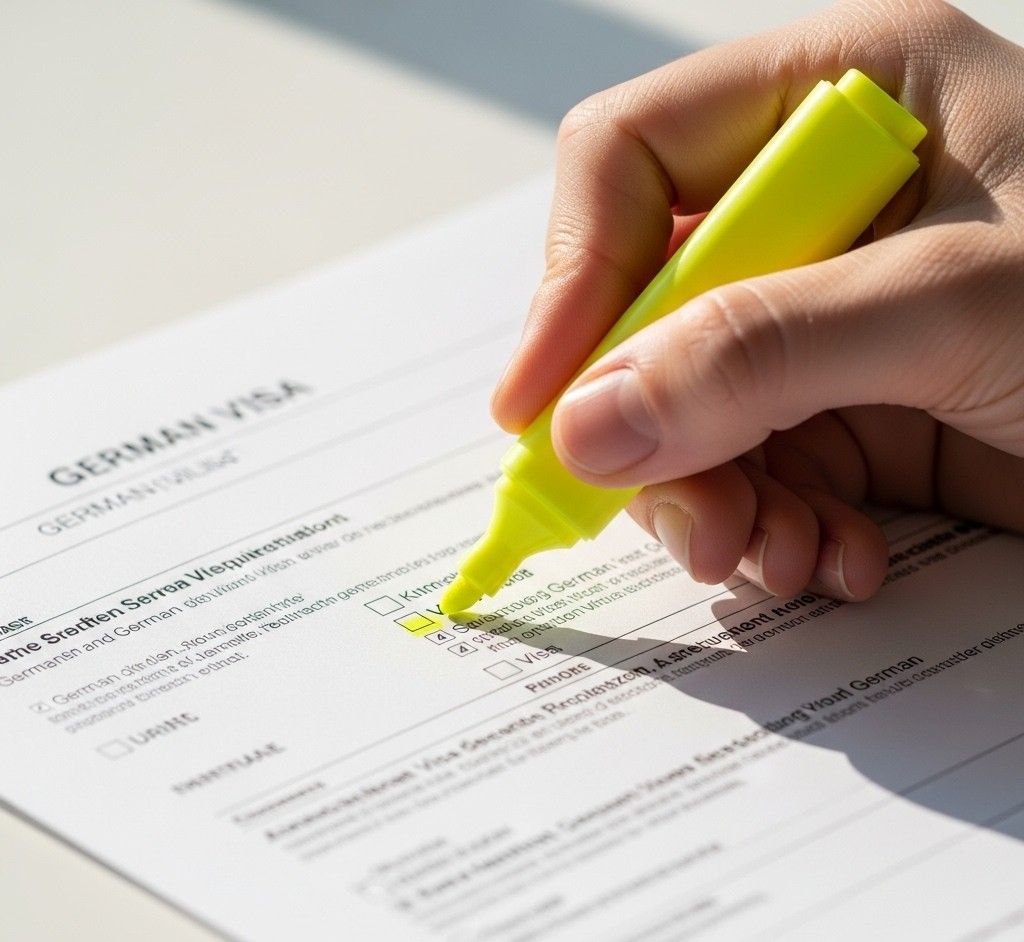
The Complete 2025 Guide to the USA Citizenship Process for Disability Exemptions
Your 2025 Guide to Canada’s New Student Cost of Living Requirements
FAQ
Q1: What was the “remonstration procedure” and why was it abolished?
The remonstration procedure was an informal, free administrative appeal process that allowed individuals to challenge a German visa rejection by submitting a letter and additional documents to the embassy or consulate. It was abolished by the Federal Foreign Office starting July 1, 2025, to streamline visa operations, reduce staff workload, and improve processing times for new applications.
Q2: What are my options if my Germany visa is rejected after July 1, 2025?
After July 1, 2025, your primary options are to submit a completely new visa application, addressing the reasons for the previous rejection, or to file a formal judicial appeal (lawsuit) with the Administrative Court in Berlin, which typically requires legal representation and involves significant costs and time.
Q3: How long does a judicial appeal against a German visa rejection take?
A formal judicial appeal (Klage) against a German visa rejection can take a considerable amount of time, often ranging from several months to up to two years, depending on the complexity of the case and the court’s workload.
Q4: Is there a fee for appealing a German visa rejection through a judicial appeal?
Yes, filing a formal judicial appeal with the Administrative Court in Berlin incurs legal fees. As of recent information, the cost is approximately €483, which the plaintiff must pay regardless of the outcome. Additional costs for legal representation by a German lawyer will also apply.
Q5: What is the best way to avoid a Germany visa rejection under the new policy?
The best way to avoid a Germany visa rejection under the new policy is to submit a meticulously prepared, complete, and accurate initial application. This involves carefully following the official checklists, ensuring all information is consistent, providing robust financial proofs, clearly stating your purpose of stay, and demonstrating strong ties to your home country. Utilizing the new Consular Services Portal for guidance is also highly recommended.


